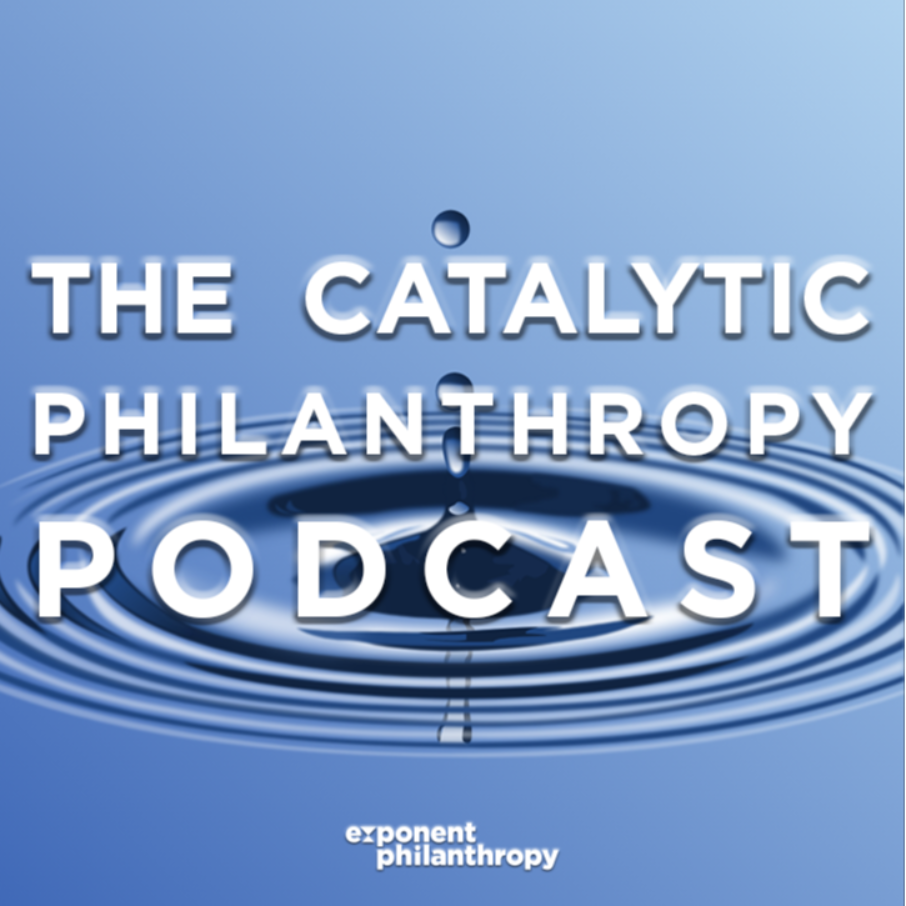
10.1K
Downloads
55
Episodes
-Creative Funders Explore Their Art and Craft- Each month, meet some of the most creative, resourceful, and risk-taking funders in the country. These individuals are creating a new kind of philanthropy, shifting from the transactional to the transformational.
-Creative Funders Explore Their Art and Craft- Each month, meet some of the most creative, resourceful, and risk-taking funders in the country. These individuals are creating a new kind of philanthropy, shifting from the transactional to the transformational.
Episodes

Thursday Dec 18, 2025
Asking "What Do You Need?" Led Us to Fund AI & Other Trainings for Nonprofits
Thursday Dec 18, 2025
Thursday Dec 18, 2025
The Harris and Eliza Kempner Fund shifted its grant reporting process from written reports to inviting conversations with partners. Executive Director Lauren Scott approached these conversations by asking open-ended questions, and listening. What she and her staff heard offered a window into what nonprofit leaders across the city were struggling with. Hear how Lauren opened up these conversations, and the actions taken to respond. The foundation funded and also created capacity building programs for grantees and the wider community of nonprofits. As Lauren reflects on this work, she asks, "If our partners are asking for something, why wouldn't we provide it?"
Read the rest of this entry »
Monday Oct 27, 2025
Making a Case for Foundations Spending More to Meet the Moment
Monday Oct 27, 2025
Monday Oct 27, 2025

Monday Oct 27, 2025
How a Lean Foundation Doubled Its Spending to Meet Urgent Needs
Monday Oct 27, 2025
Monday Oct 27, 2025
The Weissberg Foundation, a leanly staffed foundation in Virginia, chose to double its spending to support partners and communities in a year of massive funding cuts to nonprofit organizations. Executive Director Ricshawn Adkins Roane shares the staff and board's decision process for spending considerably more, and their goals for supporting communities facing unprecedented hardship and threats. She also shares how the foundation accelerated funding and streamlined application and reporting.
Read the rest of this entry »
Friday Jul 25, 2025
Building Alliances Between a City's Nonprofits and Its Business Community
Friday Jul 25, 2025
Friday Jul 25, 2025
In Oklahoma City, the Expressions of Hope Foundation, the corporate foundation for Express Employment International, leverages its ties to Oklahoma City businesses to build and strengthen nonprofits. Director of Corporate Philanthropy Jessica Gilmore shares how and why she finances memberships for nonprofits to the network of Chambers of Commerce across the city. The idea emerged while Jessica was doing listening interviews as a cohort member in Exponent's Intro to Catalytic Leadership Program. Jessica explores the very tangible and also the more intangible benefits that nonprofits gain from sitting at tables with the city's corporations.
Read the rest of this entry »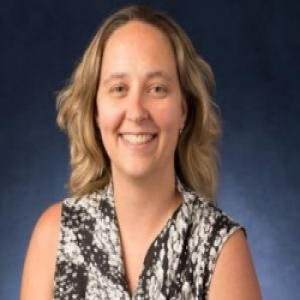
Wednesday Jun 04, 2025
Wednesday Jun 04, 2025
Lean foundations make bets on new, creative ideas for addressing social and environmental challenges. Learn how a foundation with one staff person helped tackle the childcare scarcity in Connecticut, by helping build a new incubator model to help women start and grow family childcare businesses. In this two-part Podcast, Kimberley Russo of the Fund for Greater Hartford shares, step-by-step, how the foundation uses its powers to convene, advocate, collaborate, and champion, to help catalyze a new vision and model for solving a critical issue, while building economic opportunity for women.
Read the rest of this entry »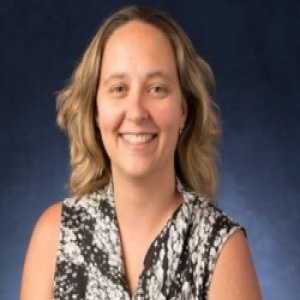
Wednesday Jun 04, 2025
Wednesday Jun 04, 2025
Lean foundations make bets on new, creative ideas for addressing social and environmental challenges. Learn how a foundation with one staff person helped tackle the childcare scarcity in Connecticut, by helping build a new incubator model to help women start and grow family childcare businesses. In the 2nd part of her Podcast, Kimberley Russo of the Fund for Greater Hartford shares, step-by-step, how the foundation uses its powers to convene, advocate, collaborate, and champion, to help catalyze a new vision and model for solving a critical issue, while building economic opportunity for women.
Read the rest of this entry »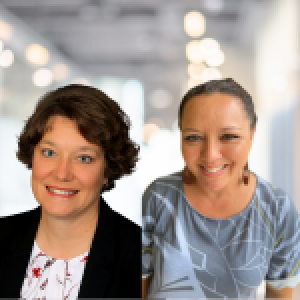
Wednesday Mar 12, 2025
Breaking Down Walls Between Foundation and Community: How Transformation Begins
Wednesday Mar 12, 2025
Wednesday Mar 12, 2025
No matter their mission, culture, or focus, every foundation's first steps toward Catalytic Leadership follow a similar path. A foundation staff person, trustee, donor, or family member ventures into the community to listen, get to know people, and become immersed in an issue. Immersing oneself and getting close to people with knowledge reveals opportunities to use grants and the foundation's other resources in targeted, powerful ways. In this Podcast, we explore these early stages in funders' evolution from grantmaker to changemaker through the lens of funders' experience in Exponent Philanthropy's Intro to Catalytic Leadership Program. The program provides skills training in deep listening and asking powerful questions and then guides participants as they venture into their communities to do listening interviews across the landscape. The experiences of Fayth and Jennifer offer an insider's look at how listening leads to transformation.
Podcast Guest Bios
A program officer at the Hau'oli Mau Loa Foundation, Fayth Paekukui leverages over 12 years of expertise in program management, philanthropy, and development. Fayth is dedicated to fostering impactful initiatives and enhancing opportunities for underserved communities. She balances her professional pursuits with family time, travel, and a deep love for her four beloved dogs.
A registered nurse by training, Jennifer Barborak serves as Executive Director of Buhl Regional Health Foundation. The foundation builds upon collaborative efforts to address health disparities and overcome inequities. Jennifer founded Shenango River Watchers, the City of Sharon Beautification Commission, Friends of MERP, WaterFire Sharon, and the Sharon High School Robotics Team.
Want to Learn More?
Join Exponent Philanthropy's upcoming cohort, Intro to Catalytic Leadership Program, beginning March 26. Learn more and register here >>
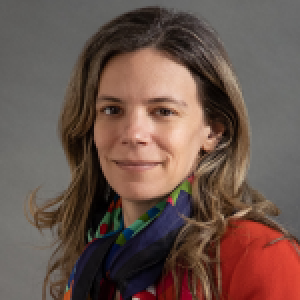
Tuesday Feb 18, 2025
Tuesday Feb 18, 2025
Leanly staffed foundations can influence how other foundations practice philanthropy. By working in creative, entrepreneurial ways, these agile funders make new or non-traditional practices more accessible for their peers. Newman's Own Foundation is a lean foundation breaking the mold of corporate philanthropy. Paul Newman's legacy of giving 100 percent of the profits from the food company he established, sets the foundation apart from most models of corporate giving, where the norm is giving five percent or less. Join Alex Amouyel, the foundation's President and CEO, as she explores Newman's vision of generosity, and the unique arrangement established between the foundation and the business to amplify that vision.
***
Alex Amouyel is President and CEO of Newman’s Own Foundation, a private grantmaking foundation whose mission is to nourish and transform the lives of children who face adversity. She leads the foundation’s efforts to utilize 100% of the profits from the sale of Newman’s Own products in service of this mission.
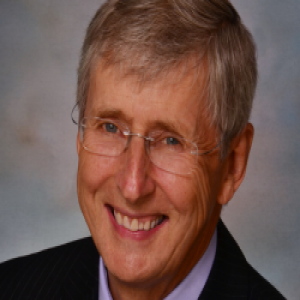
Friday Jan 24, 2025
Supercharging Impact: Recruiting Community Leaders for Our Foundation Board
Friday Jan 24, 2025
Friday Jan 24, 2025
Developing knowledge and insight into a specific issue positions foundations to catalyze change. Learning deeply about an issue reveals gaps and leverage points where you can target foundation resources in the smartest ways. Malcolm Macleod, Board Chair of the Johnson Scholarship Foundation, highlights a powerful way to acquire knowledge and insight - recruiting people in the community and field who have deep knowledge and lived experience, to serve on your foundation board. Malcolm explores how board recruitment has transformed the philanthropy, and how the foundation positions itself to find extraordinary leaders.
***
Malcolm Macleod was born in Canada, practiced law there for 25 years, and became president of the Johnson Scholarship Foundation in 2001. He transitioned to board chair in 2020. Malcolm is the author of The Practice of Philanthropy, A Guide for Foundation Boards and Staff. He consults, speaks, and volunteers for foundations and nonprofits in the U.S. and Canada.
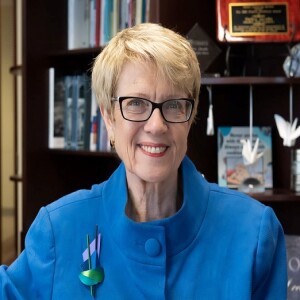
Tuesday Nov 26, 2024
Tuesday Nov 26, 2024
Foundations practicing Catalytic Leadership understand that making deeper, lasting progress on a priority issue requires working with organizations across all sectors, and with community members directly. Catalytic leaders use their unique powers to connect, convene, and support collaboration. In this Podcast, President and CEO Debra Jacobs of the Patterson Foundation shares how her foundation applies this systems approach to helping children achieve grade-level reading by the end of third grade. Debra and her colleagues engage and support the persistent involvement of not only educators, but parents, families, caregivers, after-school programs, local businesses, local media, and other people who play a role in childrens' early school success. Fundamental to Debra and her colleagues' approach is to invite conversations across sectors, and elevate understanding and empathy, so community members can work together around shared aspirations.
***
As President and CEO of The Patterson Foundation, Debra Jacobs champions the cause of creative collaboration. She has steered the foundation to work with partners to accelerate positive change by sharing fresh perspectives, contributing innovative ideas, and providing critical resources. Debra has advocated for community development throughout her career. Prior to joining The Patterson Foundation, she served as President of the William G. and Marie Selby Foundation in Sarasota, and before then in leadership roles at Ringling College of Art and Design and SunTrust Bank, Gulf Coast.
